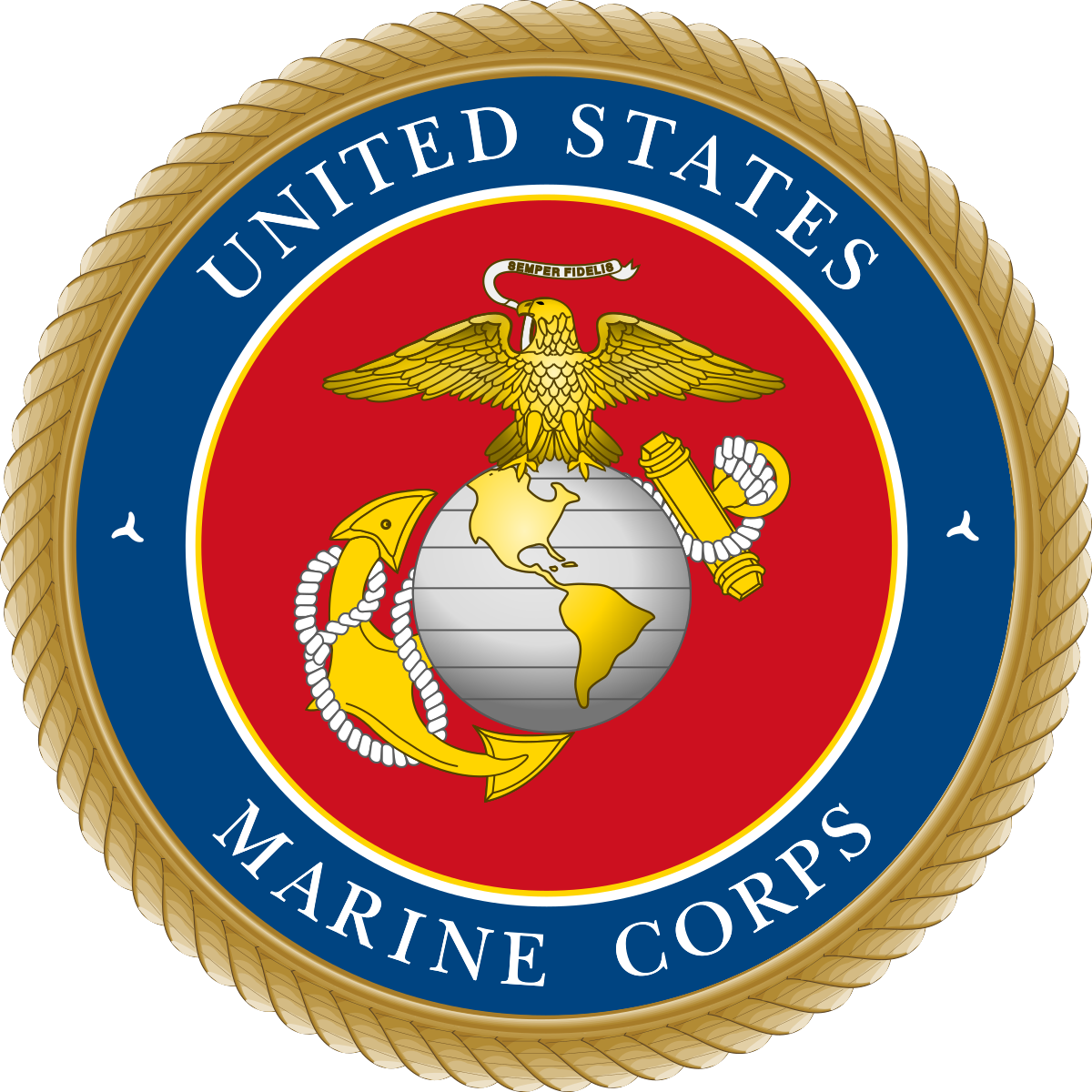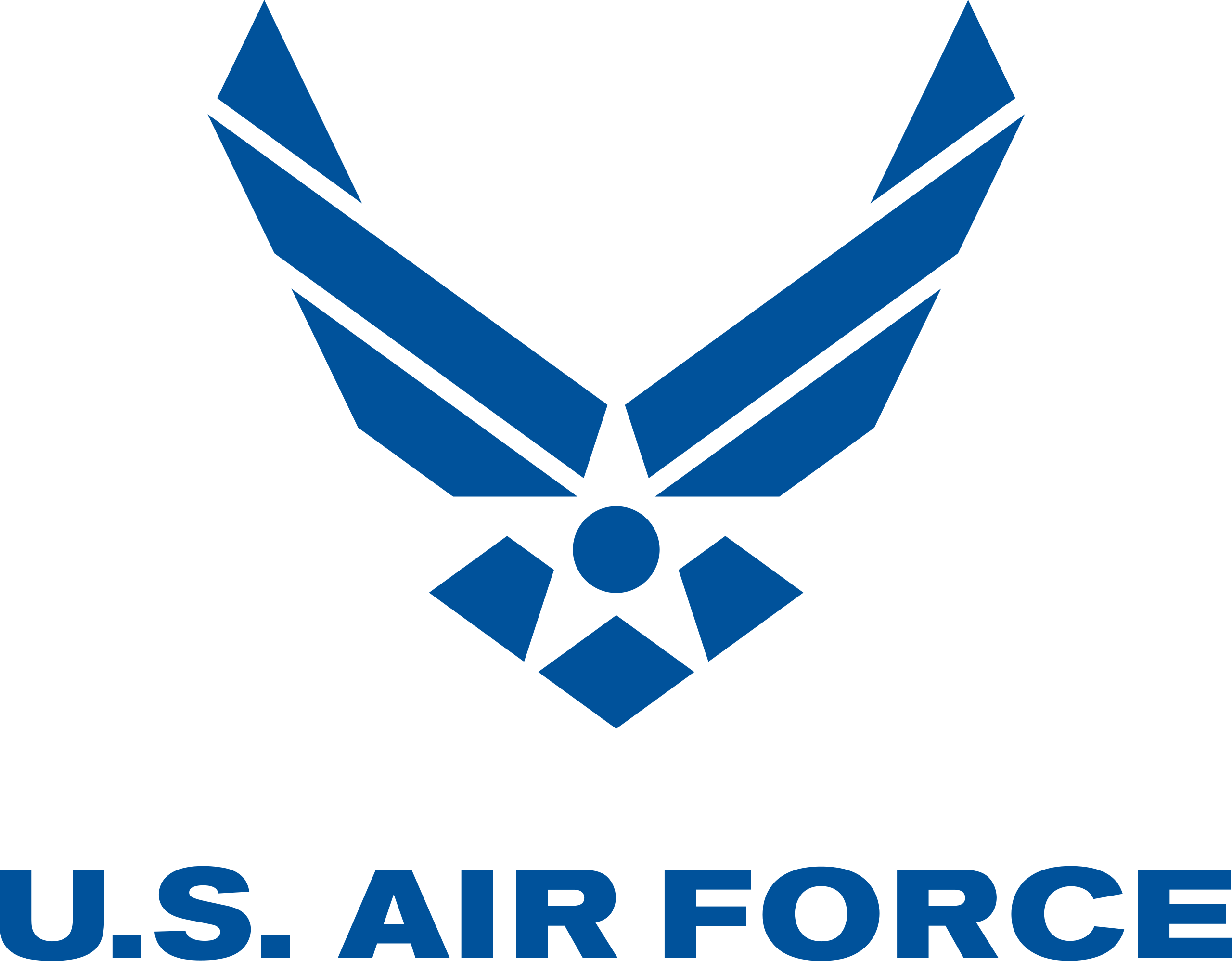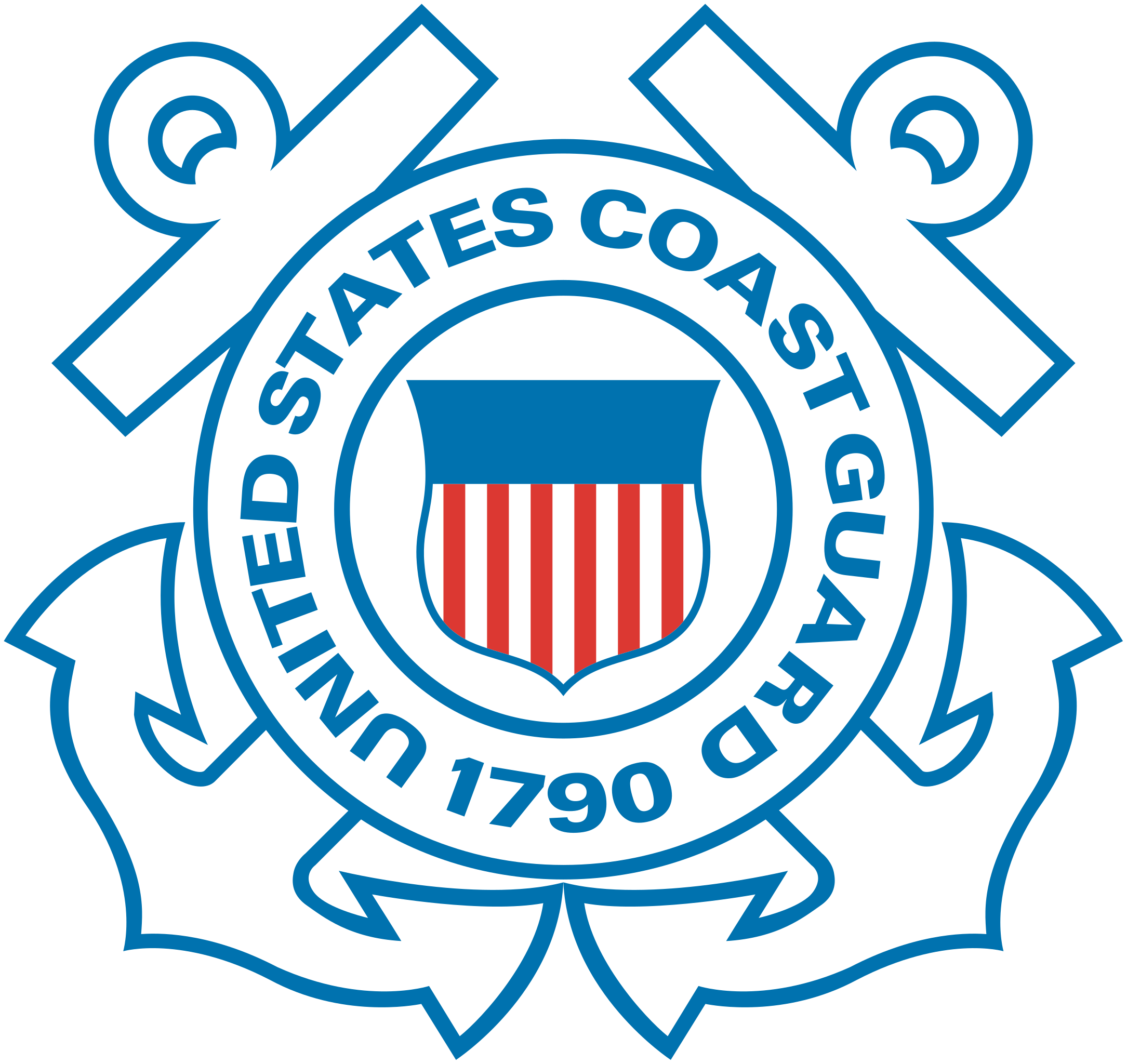SEAL - Navy SEAL Officer
About
THE ONLY EASY DAY WAS YESTERDAY.
Prove you belong or prove you don’t.
Navy SEAL training isn’t just training—it’s a relentless test of mind, body, and will.
You’ll be pushed beyond exhaustion, forged in adversity, and pushed even further.
Teamwork isn’t just expected—it’s the only way to survive.
Few even attempt it.
Fewer make it through.
Do you have what it takes to earn the Navy SEALs Trident?
Responsibilities
Established by President John F.
Kennedy in 1962, the Navy SEALs are a nimble, elite maritime military force suited for all aspects of unconventional warfare.
In this role, you will provide immediate military relief in crises around the world.
Your duties as a SEAL Officer may include, but are not limited to: Conducting insertions and extractions by sea, air or land to accomplish covert, Special Warfare/Special Operations missions Capturing high-value enemy personnel and terrorists around the world Collecting information and intelligence through special reconnaissance missions Carrying out small-unit, direct-action missions against military targets Performing underwater reconnaissance and the demolition of natural or man-made obstacles prior to amphibious landings Leading and training Enlisted SEALs in your unit
Work Environment
SEALs operate not only as highly capable individuals, but also as members of tightly knit teams.
Together, they train and work in all manner of environments, including desert and urban areas, mountains and woodlands, and jungle and arctic conditions.
Typical missions may involve insertion into a combat objective by any number of means: parachute, submarine, helicopter, high-speed boat, foot patrol or by a combat swimmer insertion.
Training
SEAL training has been described as brutal— but it prepares you for the extreme physical and mental challenges of SEAL missions.
Preparation consists of: 62 weeks of initial training that includes Basic Underwater Demolition/SEAL BUD/S School, Parachute Jump School and SEAL Qualification Training (SQT) 18 months of pre-deployment training and intensive specialized training The intensive training is designed to push you to your physical and mental limits.
If you’re up to the task, you’ll emerge in incredible physical shape and possess the necessary confidence, determination and teamwork to succeed in any combat environment. In addition, all SEAL Officers must attend a certified Navy Officer training program .
Promotion opportunities are regularly available but are competitive and based on performance.
Post-Service Opportunities It’s also important to note that specialized training received and work experience gained in the course of service can lead to valuable credentialing and occupational opportunities in related fields.
Education Opportunities
There are no part-time jobs as a Navy Reserve Sailor in this role.
Go back to Careers to find other jobs that have a Reserve component.
You can also find out more about what life is like as a Reserve Sailor in the Navy.
Qualifications & Requirements
A degree from a four-year college or university is a minimum educational requirement to become a Commissioned Officer .
You must also attend Officer Training.
There may be exceptions to the degree requirements based on extensive service experience.
Upon joining the Navy, you must: Meet specific eyesight requirements: 20/40 best eye; 20/70 worst eye; correctable to 20/25.
Ask your local Navy recruiter about color blindness.
Be 28 years of age or younger Pass a physical examination required for divers Be a U.S.
citizen and eligible for security clearance The Minimum and Elevated Navy Physical Screening Test (PST & EPST) requirements for SEALs are: Exercise Time Rest Min.
Elevated Swim 500 yards (breast or sidestroke) Unlimited 10:00 12:30 9:30 Push-up 2:00 2:00 50 75 Curl-up 2:00 2:00 50 75 Pull-up 2:00 2:00 10 15 Run 1.5 miles Unlimited Event over 10:30 9:30 Candidates who achieve the Elevated Physical Screening Test (EPST) scores shown above may qualify for the Enlisted Bonus for Shipping (EB-SHP) program.
These elevated standards must be met during your 14-day shipping PST to be eligible for the bonus.
Learn more about Navy enlistment bonuses .
Visit the Navy SWCC PST Calculator to review the current minimum Navy Physical Screening Test (PST) requirements for Navy Challenge Programs.
NOTE: You should consult your physician or other health-care professional before starting any exercise regime or other fitness program to determine if it is right for your needs.
This is particularly true if you (or your family) have a history of medical illnesses or ailments that could be made worse by a change in physical activity.
Do not start a fitness program if your physician or health-care provider advises against it.
General qualifications may vary depending upon whether you’re currently serving , whether you’ve served before or whether you’ve never served before .
For additional questions or inquiries, contact: [email protected] .
 USMC
USMC NAVY
NAVY AIR FORCE
AIR FORCE ARMY
ARMY COAST GUARD
COAST GUARD SPACE FORCE
SPACE FORCE